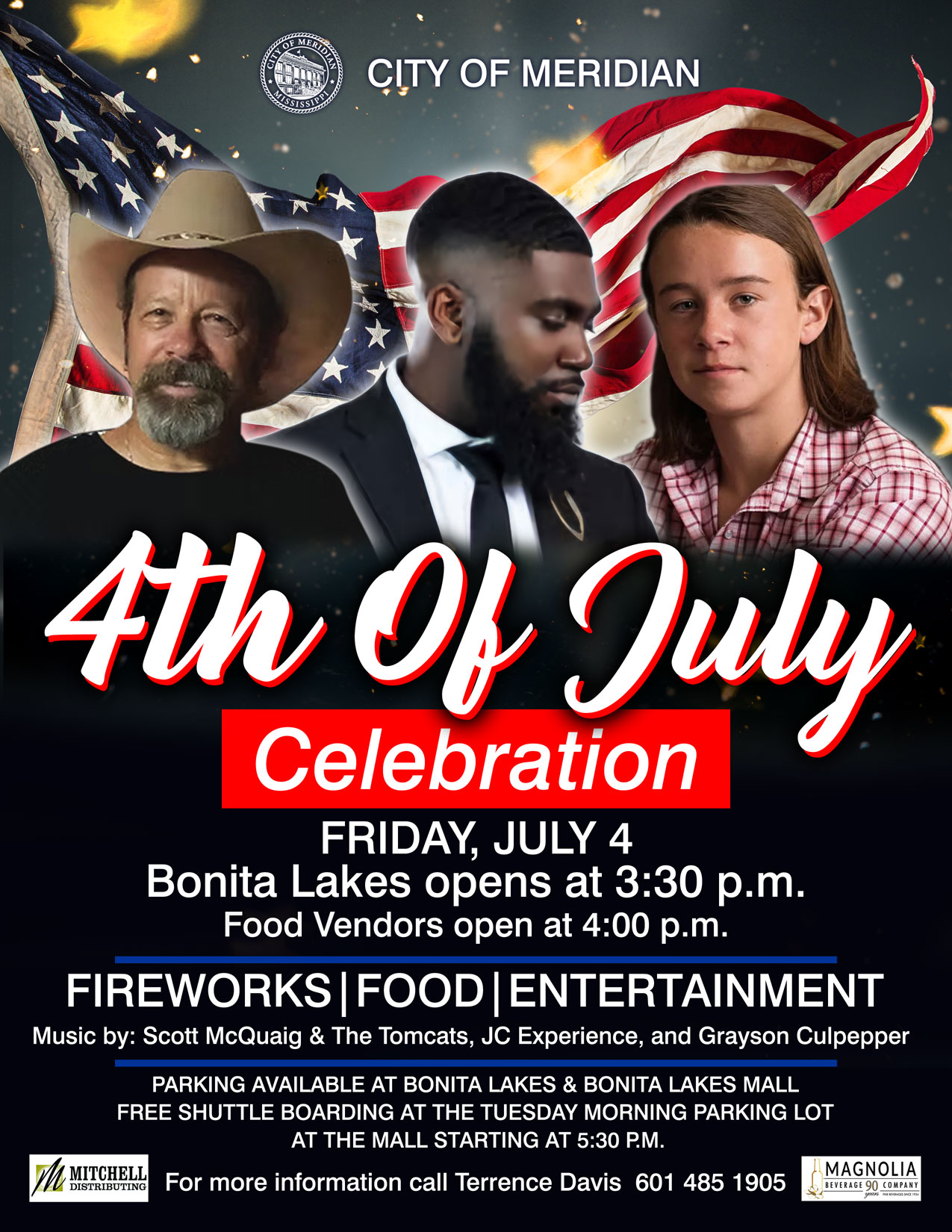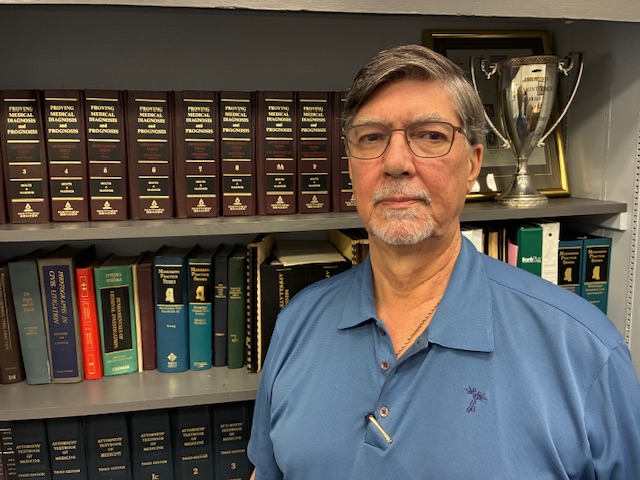Meridian veterinarian inducted into Mississippi Rodeo Hall of Fame
Published 9:26 pm Friday, March 27, 2020

- Dr. David Newell
Dr. David Newell received a phone call recently he had no idea was coming.
It was good news, he quickly found out, as he learned he had been inducted into the Mississippi Rodeo Hall of Fame.
“It was quite a surprise. I never even knew I was considered for it,” Newell said. “I was pleasantly surprised. I didn’t expect any recognition for the work I did with the youth and all that, but it was nice to receive.”
Newell, a veterinarian at Till-Newell Animal Hospital in Meridian for nearly 40 years, became involved in the Mississippi High School Rodeo Association in the 1980s to help in the development of youth competitors. He eventually became president of the MHSRA, as well as a board member for the National High School Rodeo Association.
He said observing student-athletes grow in rodeo is what he remembers most fondly about his tenure as he has always preferred to remain in the background.
“I’m just one of these low-profile people. I just kind of do the work I do and stay behind the scenes. I’m not one of these people who gets out in the front and are supposed to be seen all the time,” he said. “To watch those kids in junior high and high school improve and become talented competitors, and then to see them go on and become productive citizens in society is what I enjoyed the most.”
Newell also represented The Magnolia State as a national director for the National High School Rodeo Association from 1996-2002. He served on the Lauderdale County Agricultural Center board and the Mississippi Board of Animal Health, and he currently serves on the State Board of Veterinary Medical Examiners.
The sport of rodeo grew in Mississippi during his time with the MHSRA, Newell said, and he was able to raise money to send student-athletes to state finals and even national events, as well as set up scholarships to get kids into college.
“We brought high school rodeo, when I was involved in it, to having a state final and giving the kids that qualified a little bit of money to offset their expenses, to bringing kids to the national final, whether that was in Oklahoma or Wyoming or Springfield Illinois, or wherever they were,” he said. “We went to work, a bunch of us did, and we got it so that instead of getting $300 to $400 to offset expenses, these kids were getting $1,500 to $2,000.”





